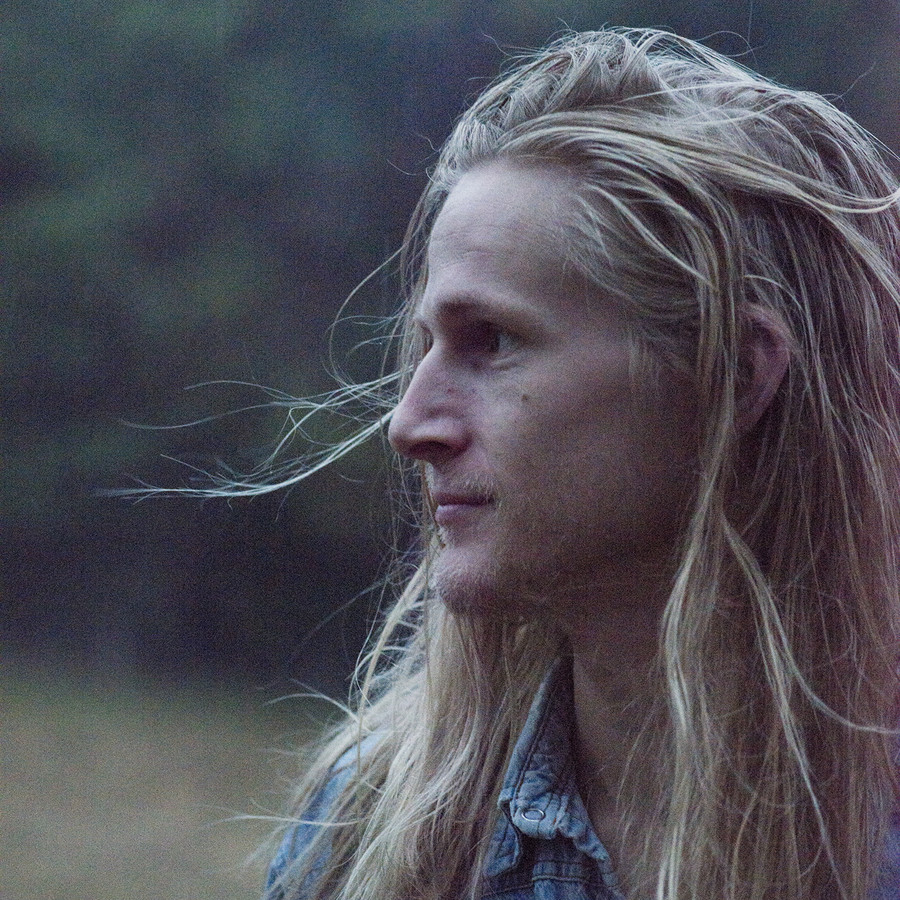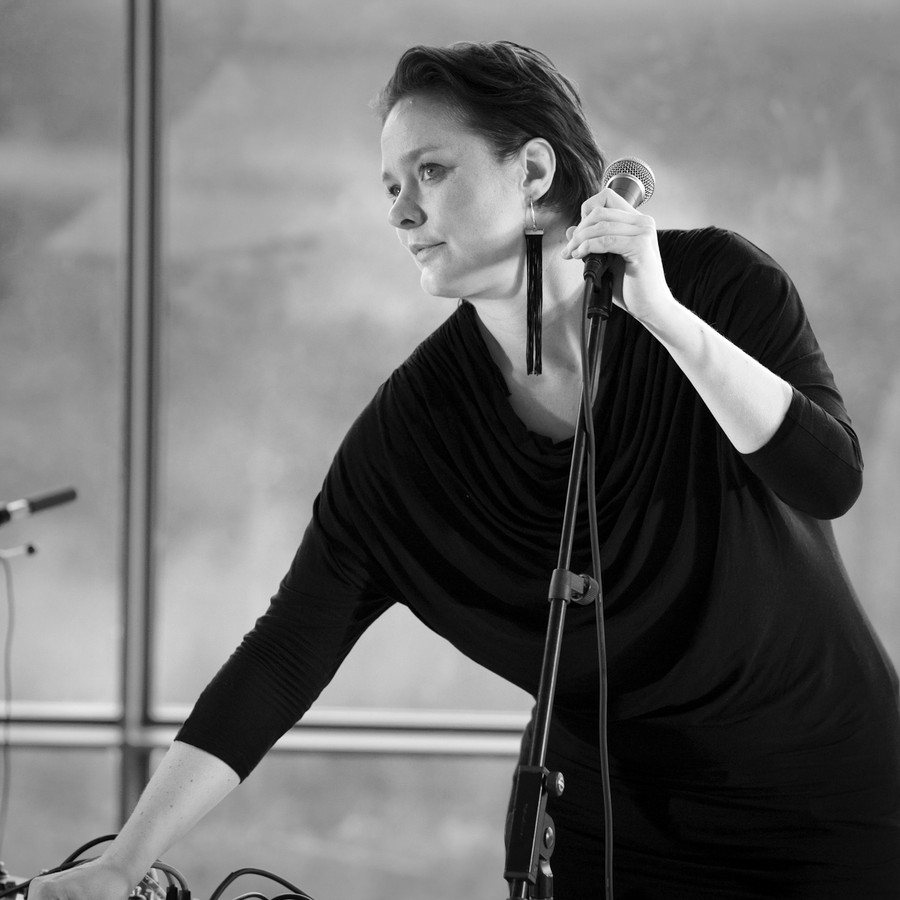A graduate of the Advanced Postgraduate Diploma programme is a creative and personal artist with a distinctive artistic profile, who typically works as the leader of his or her own bands and artistic projects, and will often work on a freelance basis in a market that is rapidly changing and highly competitive, but in which there is also a growing need for content providers who can supply original material of high quality. The study programme will help to strengthen the student’s artistic profile and equip the student with musical skills and experience at the highest educational level. The student will thereby be capable of obtaining employment in a broad range of areas. The employment opportunities depend on both market fluctuations in the industry and the priorities of cultural policy.
Graduates of the Advanced Postgraduate Diploma programme are typically employed as freelance musicians in bands, or as soloists, or in connection with theatrical, television or film productions. Some work as composers, songwriters and producers in their own projects, or those of other artists. Many graduate musicians also teach in music schools, folk high schools, continuation schools or day schools, or as private music teachers. Finally, some graduates establish their own businesses, for example in the fields of learning, computer games, sound design, film scores, etc.
Asger Nordtorp Pedersen, graduated in 2018 (Performance)
What’s your job now?
Songwriting, music production, and concerts.
Why did you choose the APD?
My Bachelor's degree from SDMK in the electric bass was largely based on technical and theoretical skills. My Master’s degree at RMC gave me the opportunity to focus on my singing, songwriting, and developing my artistic profile altogether. I wanted to continue this development in the study environment at RMC.
What were your most important discoveries?
I investigated presence as a phenomenon in music performance based on my own experiences. Throughout the programme, I exposed myself to a variety of concert formats – from intimate duo setups to large live productions – to reflect on what made some concerts feel more present and meaningful than others.
Important discoveries include that the more prepared I am, the freer I feel, and that it never works to repeat spontaneous actions from the previous concert. Each concert must have its own suspense curve and mood, which must be decoded each time.
What’s the best thing you got from the programme?
I think that through the highly reflective approach to my performances, I made some realizations that it might otherwise have taken years to reach. I gained a differently realistic relationship with my strengths and especially weaknesses as a singer, songwriter, and performer, and I have gotten an inner calm, confidence, and patience in my artistic work.

Ditte Rønn-Poulsen, graduated in 2018 (Composition)
What’s your job now?
I work as a composer and singer as well as teaching in singing, composition and creative processes. I am currently working on interdisciplinary projects with partners from stage performance, visual arts, painting and poetry.
Why did you choose the APD?
APD worked well for me to build on my Master’s degree from The Royal Academy of Music in Aarhus and gave me the opportunity to study and immerse myself after having been out of the education system for many years. I saw that as a fantastic opportunity. I specifically chose Composition because I wanted to integrate the composing methods from conceptual thinking and classical composition with my auditory approach to writing music.
What were your most important discoveries?
I had mostly classical composers as teachers during the programme and I explored how to use specific methods in developing an intuitive based songwriting process. As a way of opening my songwriting by getting into the process of composition from another angle. I have discovered how important is that your ideas are clear and simple because there are so many routes into the composition and so many ways of developing material.
What’s the best thing you got from the programme?
I gained a lot from the programme, both artistically and personally. Artistically I have reached a clearer understanding of processes, methods, tools and communication. The most important thing I’m bringing with me from the programme is the interaction between gathering inspiration from others and immersing yourself in your own material. And that is a circular process.
I also confirmed that my creativity develops best in a fine balance between challenge, openness and security – and what these notions specifically means to me.
